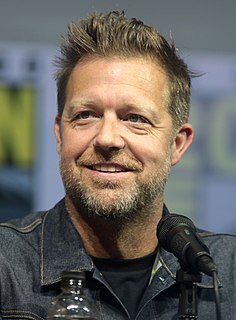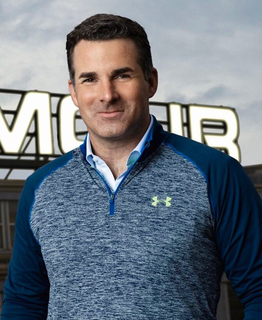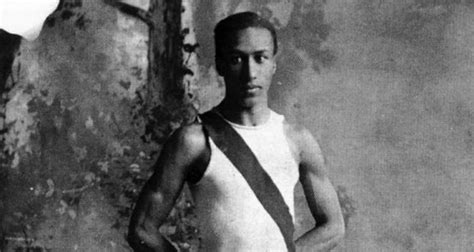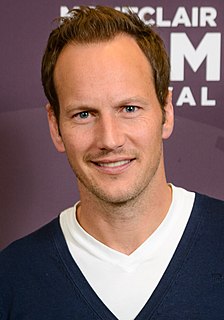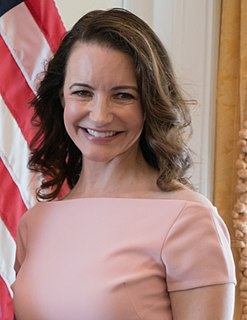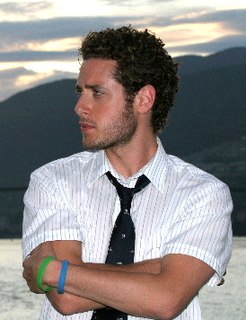A Quote by Tina Fey
If you want to be a screenwriter, take an acting class to get a sense of what you're asking actors to do. Learning other skills will help you communicate with people and respect what they do.
Related Quotes
I started to respect older actors when I was young and then contemporary actors later on. Then I learned respect for comedy. When I was first doing theatre, I thought of it as just a means to become Sarah Bernhardt or someone like that. But acting with young people has been a great learning experience.
I'm still learning to be the best actor I can be, and I have a long way to go to get to the level I would like to be at. My focus is still 100% acting acting acting. Once I hit a point where I feel very comfortable as an actor - because you can never stop learning, I don't care how comfortable you get, you can never stop learning - but once I hit a point where I can get that comfort level of taking on the task of directing and having the confidence in myself to have people's respect when I give them direction, that's definitely something I want to do someday.
Acting is many things. Acting is playing lines, of course, but it's much more profound than that. Acting is truth-telling and trying to find the truth in a human situation, which will be sketched out by a screenwriter with all the skill that a screenwriter can do; but in the end, that's just the map of the journey.
I went to acting school, and there were twenty other actors in my class who were exceptional. It's hard for anybody to get work. When I was trying to get jobs, I felt a responsibility to be respectful of the opportunities and take challenging things that could be interesting both for me as an actor and for the audience.
People of Baltimore, if you want to simply learn a new trade, if you want to join the Foundry, it's a membership. It's like joining a gym, and you can go and meet other entrepreneurs like you. You can talk about how to get financing. You can take a class on how to sew. You can take a class and say, 'I want to be an electrician.'
Acting is many things. Acting is playing lines, of course, but it's much more profound than that. Acting is truth-telling, and trying to find the truth in a human situation, which will be sketched out by a screenwriter with all the skill that a screenwriter can do; but in the end, that's just the map of the journey. The actor's job is to divine and embody the truth, and find it.
Treat everyone with the same respect that you want to be treated with. That's going to take a collective group of people to do it. There's not one individual that's going to change it. It's going to take multiple people getting out, learning who each other are and loving each other no matter what their political views or what their background is.
I knew I wanted to go to college and I wanted to study it acting, so I just looked for the best school that I could get into. Luckily, I had very supportive parents. I went to a conservatory that is basically drama school. You take one English class and one history class for four years but you don't take any other science or anything like that. It's strictly, from 7am until night, all acting. It's a lot. Some people find it too much, but for me I was preparing for a career and I never really looked back.
I started doing yoga in my 20s. I did teacher training, that was what I was going to do if acting didn't work out. I started teaching other actors right at the beginning of the yoga craze - people still thought it was a little weird, but a lot of actors I knew were getting into it and didn't want to look foolish in class. So I started teaching them!
The only thing I would advise young actors to do is prepare for the amount of adversity that you're going to come in contact with by choosing to be an actor because before you actually "made it" or get the skills, people are all not going to take you seriously, and many people will try to discourage you from it. Don't take any of their advice. Do it, and do it and do it. Remember the compliments. Forget the insults.
Every director should take an acting class. At least one. You know, you panic with actors. It's like, "Okay, this is back in college, I know how to talk to these guys. I know their vocabulary, and I get what they're saying back to me." So basically to learn the vernacular of acting, that's very important.






